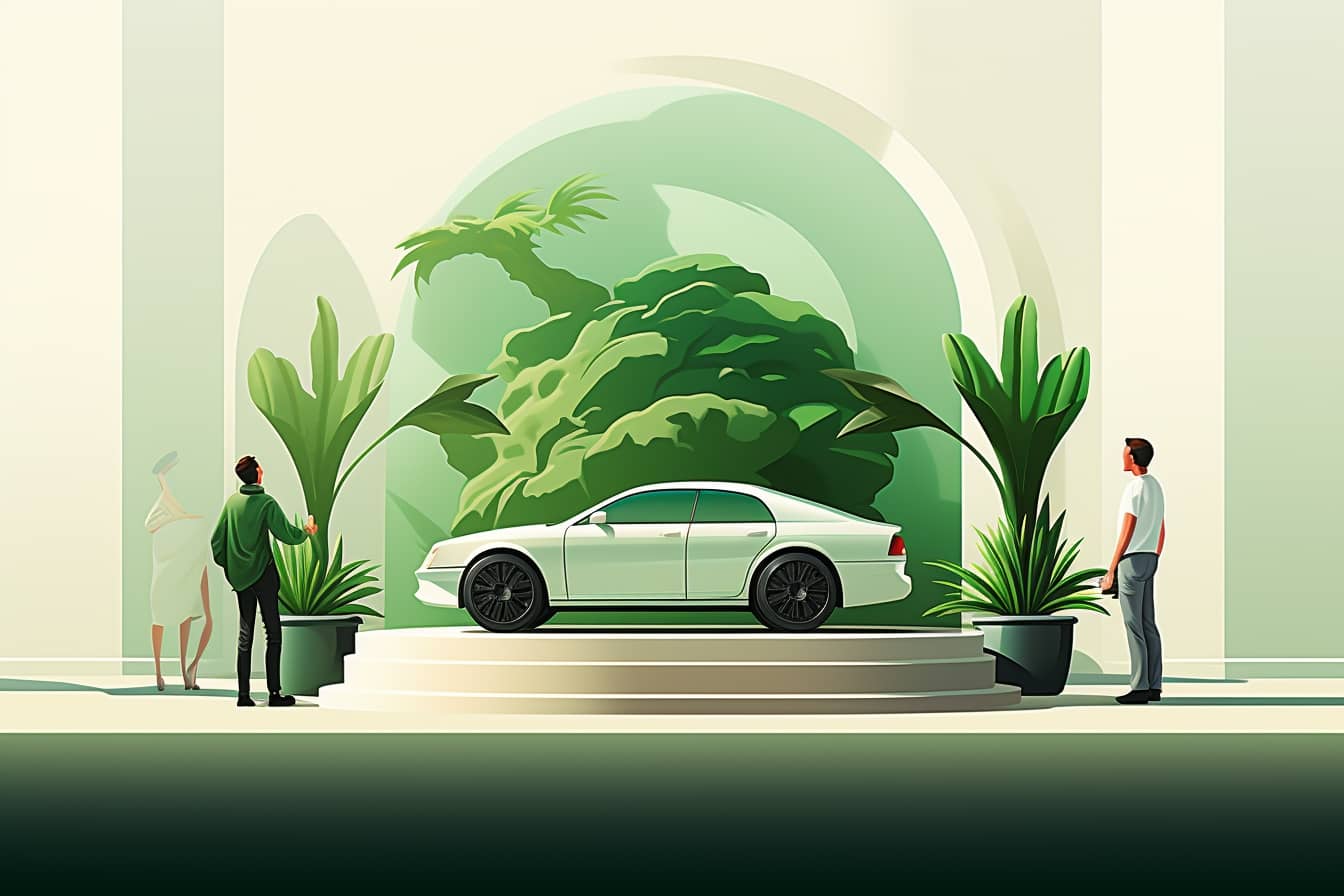You wake up one morning and realize that something is different. The usual roar of the engines has disappeared, replaced by the melodious song of the birds and the rustle of the leaves moving in the wind. The streets, once clogged with cars, are now a quiet bustle of pedestrians, cyclists and alternative vehicles. Welcome to a world without cars, a place where the air is cleaner, cities greener and lives healthier.
But what would it really be like to live in such a world? And what challenges should we face to realize this vision? Embark on this speculative journey to discover a (perhaps) possible future.
A world without cars, possible & impossible
The idea of a world without cars might seem radical, almost utopian. But in an age when we face unprecedented environmental challenges, it's a hypothesis worth at least exploring. Such a world would prioritize sustainable and environmentally friendly methods of transportation, radically transforming urban landscapes and promoting a closer connection between humans and the environment around them.
The environmental benefits
The most significant benefit of a car-free world. No doubt. Without fossil fuels, carbon emissions would start to fall dramatically, as well as i 9 million deaths per year for respiratory diseases linked to this type of pollution. Air quality is not a subject of debate and knows no fanatical “eco anxious” or “deniers”. For this reason alone it would be worth fighting everyone, without ideological distinctions.
Not to mention the fact that car-free cities would encourage the proliferation of green spaces, promoting biodiversity and offering much-needed respite for the inhabitants of urban areas. With less asphalt and concrete, rainwater could be better absorbed into the ground, also reducing hydrogeological risks and better supplying groundwater resources.

Public health to the rescue
We are a company literally built around cars. From streets to cities, all the way to sedentary lifestyle which brings us health problems such as obesity, heart disease and diabetes.
A car-free world would push people to (again) adopt active modes of transportation like walking and cycling, naturally incorporating exercise into their daily routines. Increasing physical activity could improve public health by reducing the burden on healthcare systems and improving overall quality of life.
Strengthen social ties
The prevalence of cars has contributed to the physical and social isolation of individuals. A world without cars would foster a more connected society, encouraging face-to-face interactions and rebuilding social bonds.
I pedestrian neighborhoods they would become the norm, facilitating community gatherings, local business, and a sense of shared identity. Recovering also the huge amount of space “stolen” from car parks.

Challenges and solutions of a world without cars
While the concept of a car-free world offers many benefits, it also presents significant challenges. A primary concern is the need to long distance transport, especially in rural areas or for emergency services. The solutions to these challenges lie in the development of efficient public transport systems, including high-speed trains and electric buses, and in the promotion of ride sharing programmes.
Additionally, governments and urban planners should invest in designing cities that prioritize walkability and accessibility. Cities built around people, and not around cars. This involves creating dedicated bike lanes, expanding public transport networks and encouraging mixed-use developments to minimize the need for long-distance travel.

Economic implications
The transition to a car-free world would undoubtedly have monumental economic consequences. About the automotive industry, for starters. An industry that currently employs millions of people, and which should be completely transformed to produce alternative transport vehicles, modes and services. The process would cause enormous disruption in the short term, but the emergence of new industries focused on green technologies and sustainable infrastructure could eventually offset job losses.
The vision of a car-free world is a radical step, perhaps still unfeasible in the short term, but it would be crucial for a more sustainable, healthier and socially stimulating future. By reducing carbon emissions, improving air quality, promoting public health and a sense of community, the world would be unrecognizable.

A world without cars: will we get there?
Nothing lasts forever. Humanity has used feet as a means of locomotion for hundreds of thousands of years, then horses, and finally engines. They are phases.
The transition to a car-free world is not easy and won't be short. Embracing this vision requires us to rethink our urban planning, transportation systems and individual choices, ultimately leading to a profound transformation of our relationship with the world around us. It's happened before, though.
For this reason, imagining a world without cars is not just a dream, but could simply be a long-term forecast.


